“We are excited to explore the other trees by applying similar technologies.” first appeared on The Cool Down.
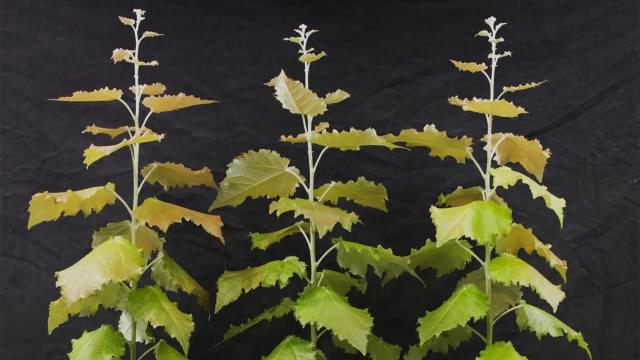

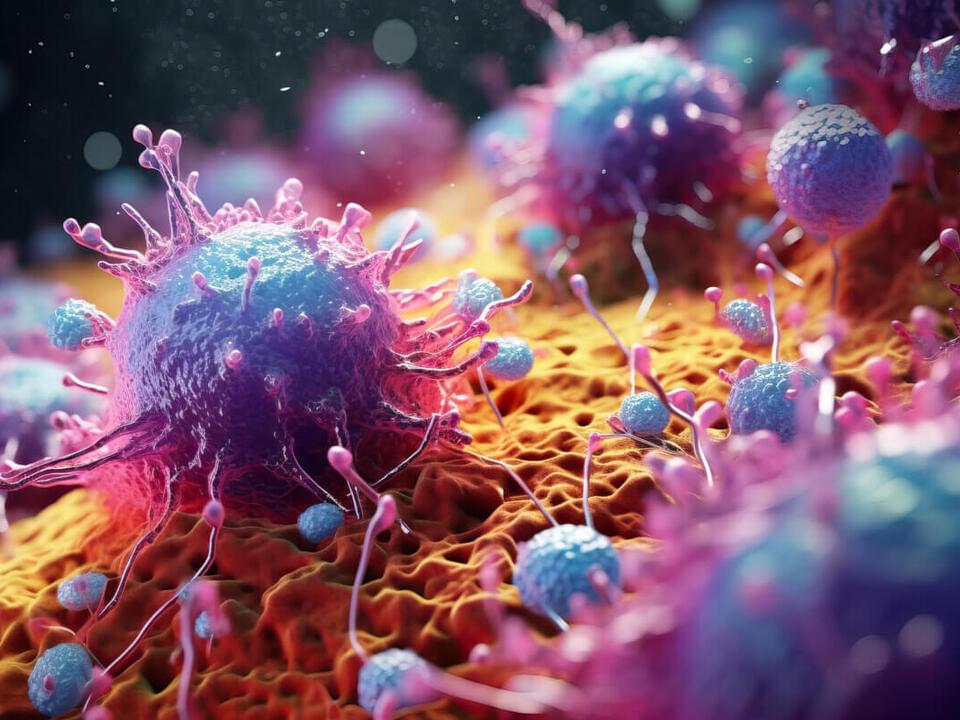
NEW YORK — In a groundbreaking development, scientists have created a revolutionary method to track the spread of cancer throughout the body, potentially paving the way for more effective treatments against this devastating disease. The new technology, developed by researchers at Cold Spring Harbor Laboratory and Weill Cornell Medicine in New York, uses genetic “barcodes” to monitor the movement of individual cancer cells, providing unprecedented insights into the process of metastasis.
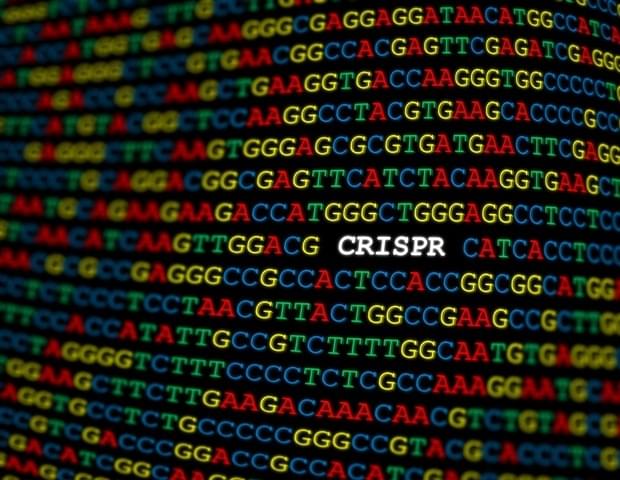
In recent years, the scientific community has made significant strides in the field of gene editing, particularly through the development of the CRISPR (Clustered Regularly Interspaced Short Palindromic Repeats) systems. In 2020, the Nobel Prize in Chemistry was awarded to the scientists for the discovery of CRISPR–Cas9 system, a revolutionary genome editing technology that advanced DNA therapeutics. Subsequently, the CRISPR–Cas13 system has emerged as a potential tool to identify and rectify errors in RNA sequences. CRISPR–Cas13 is a novel technology is specifically engineered for virus detection and RNA-targeted therapeutics. The CRISPR RNA (CrRNA) targets specific and non-specific RNA sequences, and Cas13 is an effector protein that undergoes conformational changes and cleaves the target RNA. This RNA-targeting system holds tremendous promise for therapeutics and presents a revolutionary tool in the landscape of molecular biology.
Now, in a recently published BioDesign Research study, a team of researchers led by Professor Yuan Yao from ZJU-Hangzhou Global Scientific and Technological Innovation Center, Zhejiang University, China has elucidated the latest research trends of CRISPR–Cas13 in RNA-targeted therapies. Talking about this paper, which was published online on 6 September 2024, in Volume 6 of the journal, Prof. Yao says, “By focusing on RNA-;the intermediary between DNA and proteins-;CRISPR-Cas13 allows scientists to temporarily manipulate gene expression without inducing permanent changes to the genome. This flexibility makes it a safer option in scenarios where genome stability is critical.”
RNA plays a central role in carrying genetic information from DNA to protein-synthesizing machinery, and also regulates gene expression and participates in numerous cellular processes. Defects in RNA splicing or mutations can lead to a wide variety of diseases, ranging from metabolic disorders to cancer. A point mutation occurs when a single nucleotide is erroneously inserted, deleted, or changed. CRISPR–Cas13 plays a role in identifying and correcting these mutations by employing REPAIR (RNA editing for programmable A-to-I replacement) and RESCUE (RNA editing for specific C-to-U exchange) mechanisms. Explaining the applications of Cas13-based gene editors, Prof. Yao adds, “The mxABE editor, for example, can be used to correct a nonsense mutation linked with Duchenne muscular dystrophy that can be corrected with mxABE. This approach has proved high editing efficiency, restoring dystrophin expression to levels more than 50% of those of the wild type.”
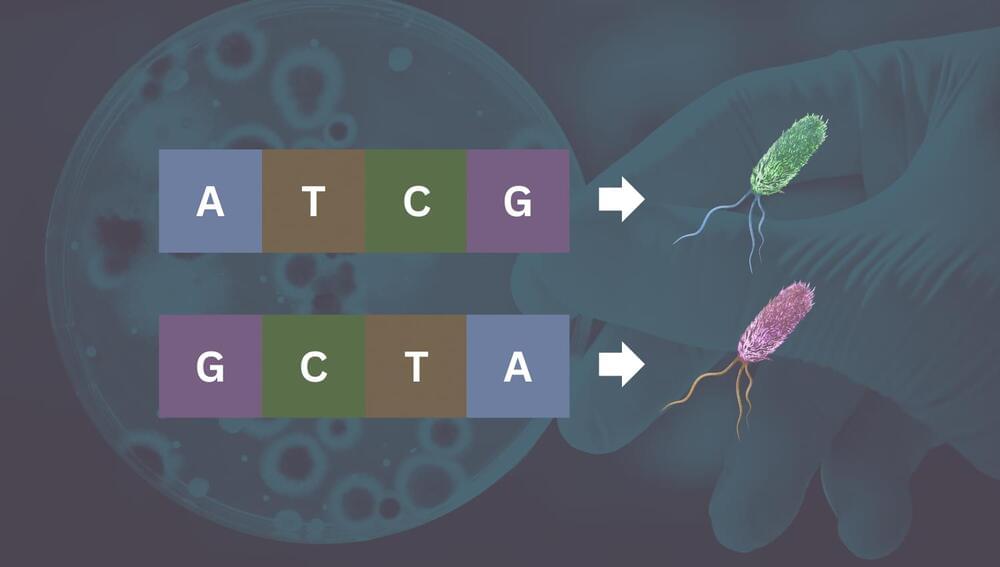
Imagine being one cartwheel away from changing your appearance. One flip, and your brunette locks are platinum blond. That’s not too far from what happens in some prokaryotes, or single-cell organisms, such as bacteria, that undergo something called inversions.
A study led by scientists at Stanford Medicine has shown that inversions, which cause a physical flip of a segment of DNA and change an organism’s genetic identity, can occur within a single gene, challenging a central dogma of biology — that one gene can code for only one protein.
“Bacteria are even cooler than I originally thought, and I’m a microbiologist, so I already thought they were pretty cool,” said Rachael Chanin, PhD, a postdoctoral scholar in hematology. Microbiologists have known for decades that bacteria can flip small sections of their DNA to activate or deactivate genes, Chanin said. To the team’s knowledge, however, those somersaulting pieces have never been found within the confines of a single gene.
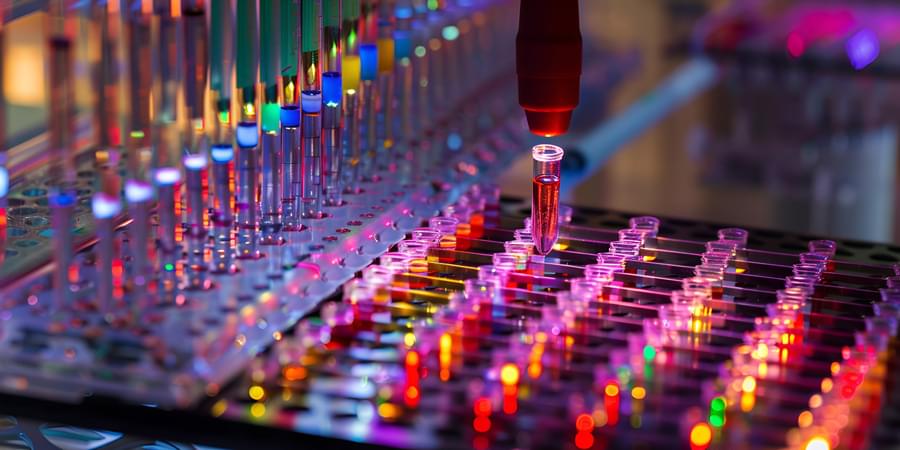
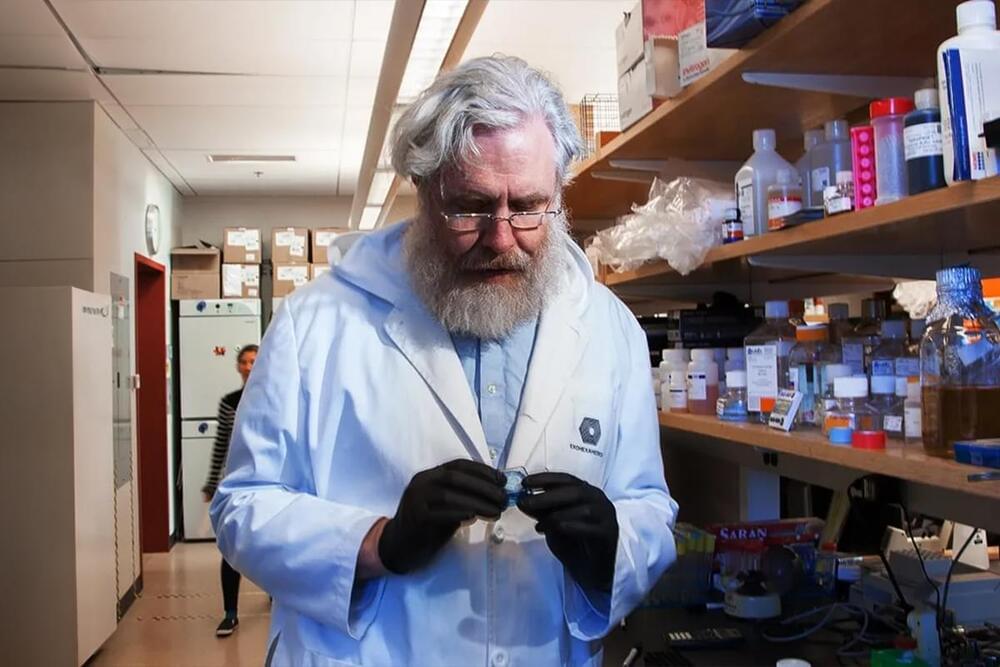
GC Therapeutics’ plug-and-play stem cell programming platform aims to reduce cell therapy development time by up to 100 times.
Cell therapies have revolutionized the treatment of certain disease areas; however, challenges in scaling these therapies…
Cell therapy startup GC Therapeutics (GCTx) has emerged from the lab of renowned geneticist George Church, securing a $65 million Series A funding round that brings the total raised by the company to a cool $75 million. The company is on a mission to enable the next generation of cell therapies through its proprietary TFome platform, which GCTx claims is the first plug-and-play induced pluripotent stem cell (iPSC) cellular programming platform.
Developed by a team of scientists in Professor Church’s lab of at Harvard Medical School and the Wyss Institute, TFome aims to help streamline the complex, error-prone and costly process of cell therapy development by accelerating production and enhancing the quality of cell therapies across a wide range of disease areas. The power of the platform lies in its ability to harness transcription factors, the proteins that regulate gene expression and determine cell fate. By precisely controlling these factors, the platform can guide stem cells to differentiate into any desired cell type in a highly efficient and scalable manner.
Offering a single-step process that enables the efficient differentiation of iPSCs into various functional cell types with over 90% efficiency in just four days, GCTx claims that TFome has the potential to reduce the time associated with cell therapy development by up to 100 times compared with conventional methods, while also improving the potency, efficiency, and quality of the resulting cells. The company aims to leverage the platform to develop off-the-shelf iPSC-based medicines, which can be produced quickly and at a lower cost than current alternatives.
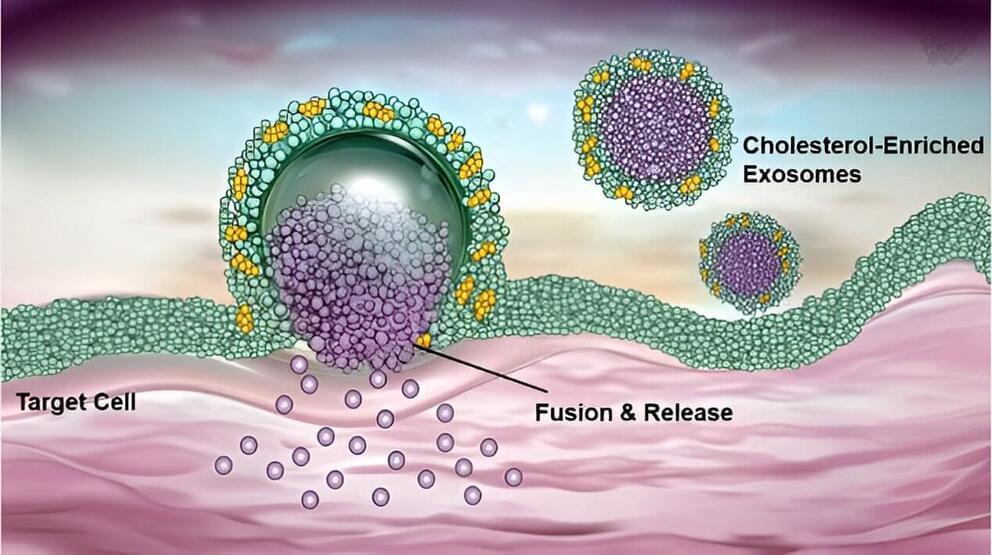
RNA interference (RNAi) technology has gradually become a cutting-edge technology for treating diseases such as genetic disorders and cancer due to its huge potential in gene expression regulation. However, the efficient delivery and safety of short interfering RNA (siRNA) remain key challenges for its clinical application.

In the next couple of decades, we will be able to do things that would have seemed like magic to our grandparents.
This phenomenon is not new, but it will be newly accelerated. People have become dramatically more capable over time; we can already accomplish things now that our predecessors would have believed to be impossible.
We are more capable not because of genetic change, but because we benefit from the infrastructure of society being way smarter and more capable than any one of us; in an important sense, society itself is a form of advanced intelligence. Our grandparents – and the generations that came before them – built and achieved great things. They contributed to the scaffolding of human progress that we all benefit from. AI will give people tools to solve hard problems and help us add new struts to that scaffolding that we couldn’t have figured out on our own. The story of progress will continue, and our children will be able to do things we can’t.
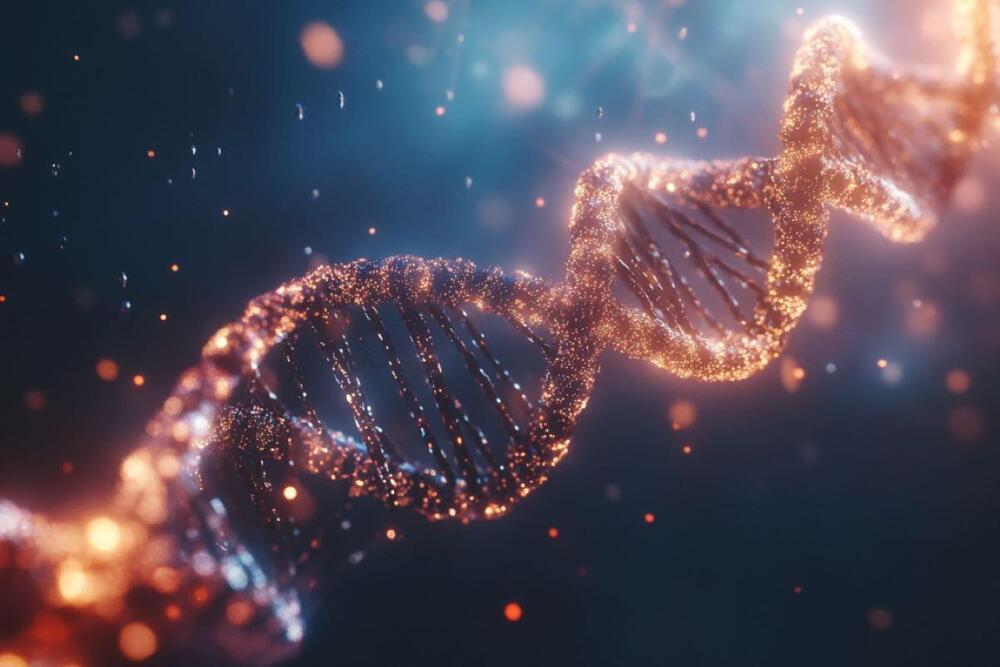
Summary: The largest and most diverse study on recessive genetic changes in developmental disorders reveals that over 80% of cases caused by recessive variants are linked to known genes. Researchers analyzed data from nearly 30,000 families and found that a shift in focus from gene discovery to interpreting changes in known genes could double diagnosis rates.
The study highlights the importance of genetic background in diagnosis and suggests that some patients may have multiple contributing genetic factors. These findings could lead to more personalized and accurate diagnoses for families affected by developmental disorders.

Model grounded in biology reveals the tissue structures linked to the disorder. A researcher’s mathematical modeling approach for brain imaging analysis reveals links between genes, brain structure and autism.
A multi-university research team co-led by University of Virginia engineering professor Gustavo K. Rohde has developed a system that can spot genetic markers of autism in brain images with 89 to 95% accuracy.
Their findings suggest doctors may one day see, classify and treat autism and related neurological conditions with this method, without having to rely on, or wait for, behavioral cues. And that means this truly personalized medicine could result in earlier interventions.